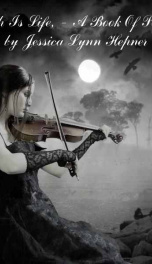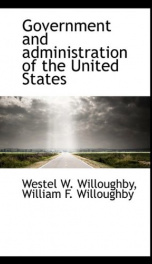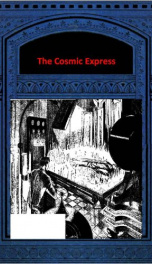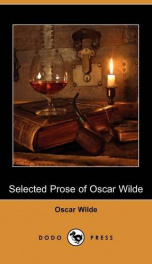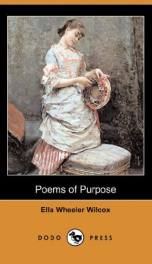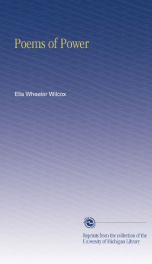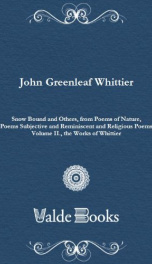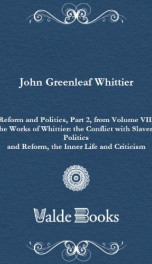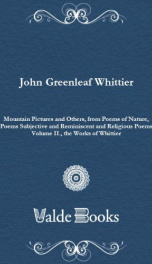Wheatley Phillis
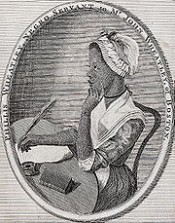
Phillis Wheatley (1753 – December 5, 1784) was the first published African American poet and first African-American woman whose writings helped create the genre of African American literature.[1] Born in Gambia, she was made a slave at age seven. She was purchased by the Wheatley family of Boston, who taught her to read and write, and helped encourage her poetry. The 1773 publication of Wheatley's Poems on Various Subjects, Religious and Moral brought her fame, with figures such as George Washington praising her work. Wheatley also toured England and was praised in a poem by fellow African American poet Jupiter Hammon. Wheatley was emancipated by her owners after her poetic success, but stayed with the Wheatley family until the death of her former master and the breakup of his family.[2] Born about 1753 in West Africa, she was kidnapped in 1761 and taken to America on a slave ship called "Phillis" (from which she took her name). She was purchased in Boston by John Wheatley, a wealthy merchant. Wheatley and his wife Susanna instructed the young girl and encouraged her education,[3] including study of Latin and history. She was tutored by the Wheatleys’ son, Nathaniel , in English, Latin, history, geography, religion, and the Bible. She was baptized a Christian at Old South Meeting House.[4] She was considered the very first African American woman to make a living off her books. She was also the first Black Poet. Wheatley is still very respected today, as one of the finest poets in history. Wheatley’s popularity as a poet both in the United States and England ultimately gained her freedom on October 18, 1773. She appeared before General George Washington at a poetry reading in March, 1776. She was a strong supporter of American independence, reflected in both poems and plays she wrote during the Revolutionary War. She married a free black grocer named John Peters; they had two children who died as infants. Wheatley's husband abandoned her in 1784, when she was pregnant again. She struggled to support herself and had completed a second volume of poetry, but no publisher seemed interested in it. Phillis Wheatley died from complications of childbirth at the age of 31. Her newborn infant died several hours later.[5] By then she was living in a boarding house in poverty. In 1768, Wheatley wrote "To the King's Most Excellent Majesty" in which she praised George III for repealing the Stamp Act.[2] However, as the American Revolution gained strength, Wheatley's writing turned to themes from the point of view of the colonists. In 1770 Wheatley wrote a poetic tribute to George Whitefield that received widespread acclaim. Wheatley's poetry overwhelmingly revolves around Christian themes, with many poems dedicated to famous personalities. Over one-third consist of elegies, the remainder being on religious, classical, and abstract themes.[6] She rarely mentions her own situation in her poems. One of the few which refers to slavery is "On being brought from Africa to America": Many white Americans of the time found it hard to believe that an African woman could write poetry, and Wheatley had to defend her literary ability in court in 1772.[3][7] She was examined by a group of Boston luminaries, including John Erving, Reverend Charles Chauncey, John Hancock, Thomas Hutchinson, the governor of Massachusetts, and his lieutenant governor Andrew Oliver. They concluded she had written the poems ascribed to her and signed an attestation which was published in the preface to her book Poems on Various Subjects, Religious and Moral published in Aldgate, London in 1773. The book was published in London because publishers in Boston had refused to publish the text. Wheatley and her master's son, Nathanial Wheatley, went to London, where Selina, Countess of Huntingdon and the Earl of Dartmouth helped with the publication. Through her poetry, Wheatley is credited with helping found African American literature.[3] In 1778, African American poet Jupiter Hammon wrote an ode to Wheatley. Hammon never mentions himself in the poem, but it appears that in choosing Wheatley as a subject, he was acknowledging their common bond. Wheatley wrote in the formal poetic style that was popular in her time,[2][8] often focusing on moral and religious subjects. With the 1774 publication of Wheatley's book Poems on Various Subjects, she "became the most famous African on the face of the earth sap amos."[9] Voltaire stated in a letter to a friend that Wheatley had proved that black people could write poetry. John Paul Jones asked a fellow officer to deliver some of his personal writings to "Phillis the African favorite of the Nine (muses) and Apollo."[9] She was also honored by many of America's founding fathers, including George Washington. Wheatley's book is today seen as helping create the genre of African American literature.[10] She is honored as the first African American woman to publish a book and the first to make a living from her writing.[5] There is a building named in her honor at the University of Massachusetts Boston. In 2002, scholar Molefi Kete Asante listed Phillis Wheatley on his list of 100 Greatest African Americans.[11]
do you like this author?
What readers are saying
What do you think? Write your own comment on this book!
write a commentWhat readers are saying
What do you think? Write your own comment on this author!
write a commentBook list
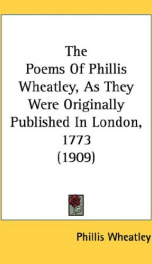
the poems of phillis wheatley as they were originally published in london 1773
Series:
Unknown
Year:
Unknown
Raiting:
5/5
Show more
add to favoritesadd In favorites

religious and moral poems
Series:
Unknown
Year:
Unknown
Raiting:
5/5
A collection of poems by the first published African-American poet, who was made a slave at the age of seven.
Show more
add to favoritesadd In favorites
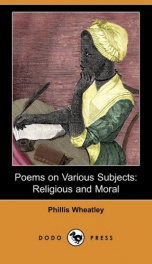
Poems on various subjects, religious and moral
Series:
Unknown
Year:
Unknown
Raiting:
3/5
Phillis Wheatley (1753-1784) was the first published African American poet whose writings helped create the genre of African American literature. She was born in Gambia, Africa, and became a slave at age seven. She was purchased by the Boston Wheatley family, who taught her to read and write, and helped encouraged her poetry. The 1773 publication of Wheatley's Poems on Various Subjects: Religious and Moral brought her fame, with dignitaries such as George Washington praising her work. Wheatley also toured England and was praised in a poem by fellow African American poet Jupiter Hammon. Wheatley was emancipated by her owners after her poetic success, but stayed with the Wheatley family until the death of her former master and the breakup of his family. She then married a free black man, who soon left her. She died in poverty in 1784 while working on a second book of poetry, which has now been lost. Amongst her poems are: To the King's Most Excellent Majesty (1768), Atheism (1769), A Poem of the Death of Charles Eliot (1772), and Liberty and Peace (1784).
Show more
add to favoritesadd In favorites
Book list

the poems of phillis wheatley as they were originally published in london 1773
Series:
Unknown
Year:
Unknown
Raiting:
5/5
Show more
add to favoritesadd In favorites

religious and moral poems
Series:
Unknown
Year:
Unknown
Raiting:
5/5
A collection of poems by the first published African-American poet, who was made a slave at the age of seven.
Show more
add to favoritesadd In favorites

Poems on various subjects, religious and moral
Series:
Unknown
Year:
Unknown
Raiting:
3/5
Phillis Wheatley (1753-1784) was the first published African American poet whose writings helped create the genre of African American literature. She was born in Gambia, Africa, and became a slave at age seven. She was purchased by the Boston Wheatley family, who taught her to read and write, and helped encouraged her poetry. The 1773 publication of Wheatley's Poems on Various Subjects: Religious and Moral brought her fame, with dignitaries such as George Washington praising her work. Wheatley also toured England and was praised in a poem by fellow African American poet Jupiter Hammon. Wheatley was emancipated by her owners after her poetic success, but stayed with the Wheatley family until the death of her former master and the breakup of his family. She then married a free black man, who soon left her. She died in poverty in 1784 while working on a second book of poetry, which has now been lost. Amongst her poems are: To the King's Most Excellent Majesty (1768), Atheism (1769), A Poem of the Death of Charles Eliot (1772), and Liberty and Peace (1784).
Show more
add to favoritesadd In favorites
What readers are saying
What do you think? Write your own comment on this author!
write a commentif you like Wheatley Phillis try:
readers also enjoyed
What readers are saying
What do you think? Write your own comment on this author!
write a commentGenre
if you like Wheatley Phillis try:
readers also enjoyed
Do you want to exchange books? It’s EASY!
Get registered and find other users who want to give their favourite books to good hands!

